Transforming the future of theatre for audiences - Grand Theatre team give a glimpse of how they are using artificial intelligence to help battle back from closure
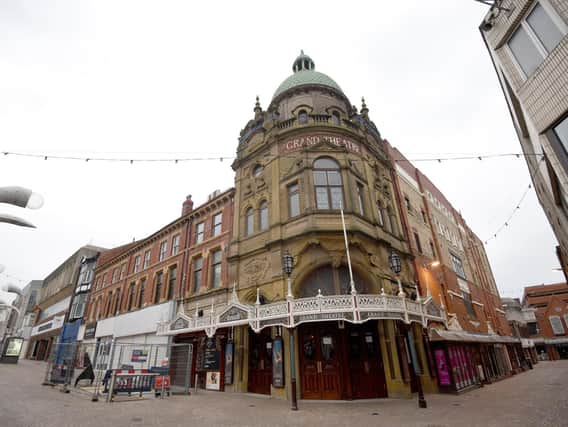

Artificial intelligence (AI) and high-tech data tools will change the way audiences enjoy a trip to see a show or panto.
They will allow guests to boost tickets from their smart phones and devices using the likes of Amazon’s Alexa – and even see heatmaps of the busiest – and quietest – bars to pick up a drink or snack during show intervals.
Advertisement
Hide AdAdvertisement
Hide AdAndrew Howard, who is in charge of marketing at the 126-year-old town centre venue, said: “The likes of live tickets, cashless venues and booking through your smart device – such as your TV, phone, watch – will be here within the near future.
“The capabilities are there – it’s more about integrating them with systems theatres already use. That’s the key.”
With 1,100 theatres in the UK, the Grand, in Church Street, and the Barbican Centre in London are thought to be the only two using AI to battle back from enforced closure of lockdown.
Here are some of the key changes:
Families will be able to sit and watch theatre productions from the comfort of their own homes;
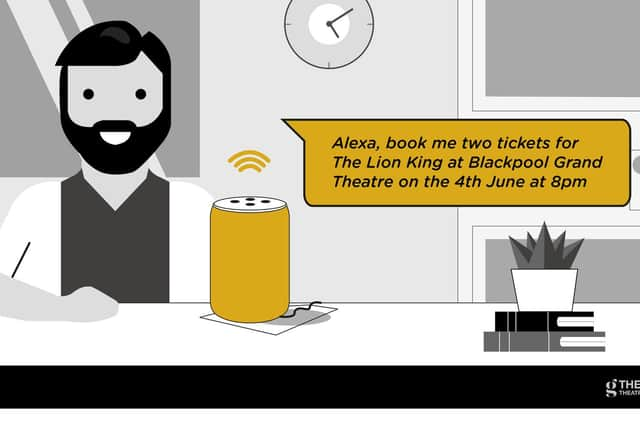

Advertisement
Hide AdAdvertisement
Hide AdPhones will show the quietest bars during intervals to reduce crowding;
They will also allow guests to choose their drinks and order from their seats; and
Visitors will be able to book tickets by talking to their home automated devices like Alexa.
Mr Howard said: “These changes are already happening. Theatres like us and the Barbican are leading the way in AI and digital experiences, and live broadcasting following the pandemic has boomed with hundreds of millions of hours of viewing.
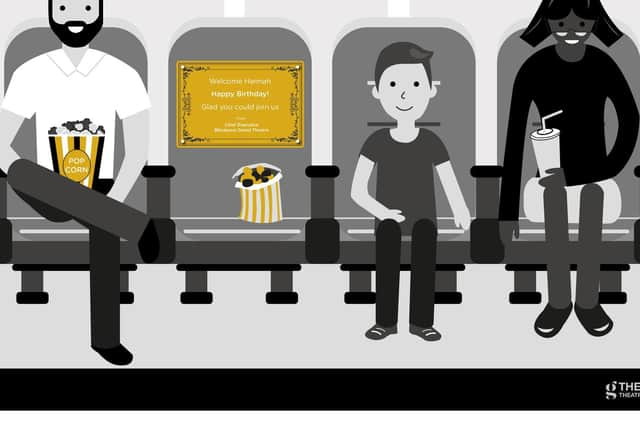

Advertisement
Hide AdAdvertisement
Hide Ad“Digital tickets are already here, but live tickets should be here very soon.
“Automated seats, heat-mapping and iBeacons [which can track visitors inside the theatre through their phones] will probably be seen in the next five years.
“Theatres are already adopting the cashless theatre again, and the pandemic will make that a sooner-than-predicted reality.
“These advancements are really key to theatres’ understanding of what customers likes and dislikes are."
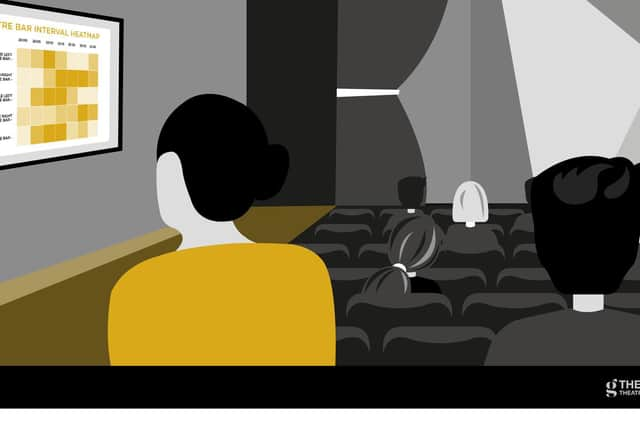

Advertisement
Hide AdAdvertisement
Hide AdIndustry insiders say embracing a digital future is pivotal for the survival of the theatre industry, which has taken one of the heaviest knocks as a result of the pandemic.
The Grand, which was last open in March and is a charity, is heavily reliant on ticket sales, which account for 93 per cent of its income.
Last month, it launched its ‘Recovery Fund’ and urged supporters to “help The Grand survive this crisis and continue to make memories for the children, families, visitors and friends who have grown up with this wonderful theatre”.
Composer Andrew Lloyd Webber has called on the government to provide “clarity and consistency” on the guidance promised for the safe reopening the nation’s theatres.
Advertisement
Hide AdAdvertisement
Hide AdThe London Palladium was the subject of a social experiment on Thursday as the first venue to host a socially-distanced gig with Beverley Knight and her band.
More than 70 per cent of the Palladium's seats were empty.
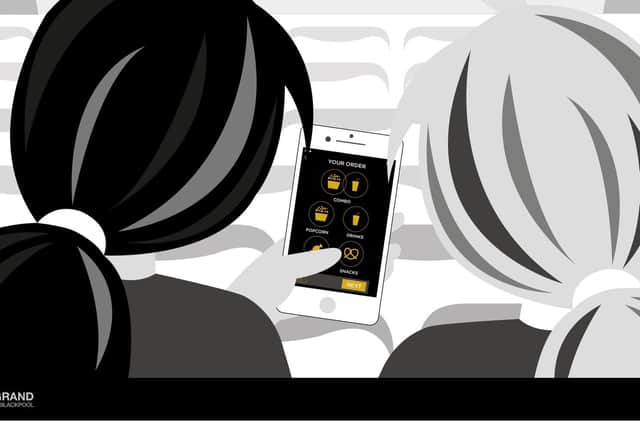

Many theatres including the Grand have postponed shows, musicals and productions until 2021.
Culture secretary Oliver Dowden has vowed to continue ‘working intensively’ to allow theatres to reopen in time for the Christmas panto season.
James Akers, technology champion for Arts Council England, said embracing technology will be key to the success of theatres moving forward.
Advertisement
Hide AdAdvertisement
Hide AdHe said: “The journey to reopening is an opportunity to test out new ideas and approaches. Start small and review your current processes.
“What takes up a lot of staff time? What training would be useful? What could you do if you had more resources?
“We have already seen some organisations take huge strides - the next stage of matching artificial intelligence to box office systems is incredibly exciting as this takes it beyond simple marketing messaging to actually enhancing the user experience and building a deep connection with audiences”.
Mr Howard said the Grand’s workers are working with tech firms like Activity Stream to reach a wider audience while also respecting the traditional aspects of visiting the theatre.
Advertisement
Hide AdAdvertisement
Hide AdMartin Gammeltoft from Activity Stream, which said it aims to “transform how venues and sports clubs work in a smarter and more effective way”, said computers – dubbed ‘chatbots’ – can even be used to respond to enquiries.
He said: “Customers can experience a very fast handling of their questions at all times of day, maybe even without knowing that ‘Susie’ was actually a chatbot.
“This frees up time from the team, which can now invest in improving in-person dialogues or exploring customer moments.
“All good technologies are tools that help competent people do more, like the carpenter getting a better tool for his work. But the work is still that of the person.
“To me, whether it’s AI, big data, real-time analytics etc, it’s all worthless unless it makes a person do things better”.
To support The Grand’s Recovery Fund, visit www.blackpoolgrand.co.uk
Comment Guidelines
National World encourages reader discussion on our stories. User feedback, insights and back-and-forth exchanges add a rich layer of context to reporting. Please review our Community Guidelines before commenting.